The Trump administration launched an organized effort to eliminate the United Nations Interim Force in Lebanon (UNIFIL) through a six-month withdrawal process as part of their new international peacekeeping approach. Secretary of State Marco Rubio has presented through the administration a strategy to terminate the UNIFIL mission which has maintained presence along the Israel-Lebanon border since 1978 since its expansion after the 2006 Israel-Hezbollah war.
Multiple fundamental reasons support the American stance that UNIFIL operates ineffectively and costs too much money. The administration considers the 10,000-strong peacekeeping force an "ineffectual waste of money" because it has not successfully limited Hezbollah's military expansion in southern Lebanon. The ongoing mission allows Hezbollah to operate freely while avoiding pressure on the Lebanese government to develop its military strength.
The Trump administration implemented major funding reductions aimed at UNIFIL operations as part of its policy transition. The US budget rescission package for 2025 proposes eliminating more than $158 million from UN peacekeeping missions with specific reductions for Lebanon and the Democratic Republic of Congo. The annual budget for UNIFIL in 2024 reached $582.6 million but received its funding primarily through American financial support.
America’s government bases its criticism on both operational performance and strategic priorities. UNIFIL officials maintain that the mission hinders an enduring solution to Hezbollah's power in southern Lebanon while maintaining Lebanese Armed Forces in a secondary security position. The Lebanese Armed Forces plan to deploy 10,000 soldiers throughout the area which could replace international peacekeeping forces.
The Trump administration pursues this policy as part of its foreign policy approach to minimize international involvement and question the effectiveness of multinational peacekeeping initiatives. The funding reduction alongside the withdrawal plan demonstrates how America doubts its ability to sustain ongoing peacekeeping commitments in foreign territories.
European Resistance
A planned withdrawal from Lebanon by the United States has encountered intense opposition from European nations including France and Italy which now creates substantial disagreements about Lebanon's future security. European nations support UNIFIL because they believe the mission serves a vital purpose for maintaining security in the region and protecting civilians.
Europe’s position stresses that the premature termination of UNIFIL operations presents dangers since the Lebanese Armed Forces need additional time to fully establish security control in the region. The French and Italian diplomatic mission warns that UNIFIL's termination would produce a security power vacuum which Hezbollah and other armed groups might exploit. European officials use the Malian UN withdrawal example to show how abrupt peacekeeping exits can enable extremist groups to quickly expand their territorial control.
The European delegation strongly believes that UNIFIL's interruption would result in new Israel-Hezbollah conflicts that would impact both Israeli citizens in northern Israel and Lebanese civilians in southern Lebanon. The mission enables the Tripartite Forum to serve as the only communication channel for military talks between Israel and Lebanon which sustains the current border stability.
During the recent UN General Assembly vote 147 countries supported continuing UNIFIL funding as the United States joined other nations in opposition to the resolution. The international community rejected the American stance as the United Nations General Assembly members including France and Italy continued financial backing for the mission.
Diplomats from Europe actively lobbied through their discussions with Tom Barrack who serves as US ambassador to Turkey and envoy to Lebanon to establish possible compromises. The proposed solution involves granting UNIFIL a one-year mandate extension with security-based withdrawal schedules that depend on Lebanese military growth and better regional security.
Competing Visions
The discussion about UNIFIL demonstrates opposing methods to handle Middle Eastern security issues as two groups hold contrasting beliefs about Lebanon's future. The United States supports immediate border security control by Lebanese Armed Forces while international resources shift focus to worldwide crises.
Europe’s perspective backs gradual development while focusing on conflict prevention because UNIFIL maintains stability through its presence and provides vital humanitarian services that include ordnance clearance and civilian protection. European officials state that the conflict prevention systems developed by UNIFIL throughout its decades of operation cannot be swiftly replaced by Lebanese forces without equivalent training and resources.
Lebanon’s government officially requested an extension until August 2026 to maintain UNIFIL's mission which fights violence while training the LAF. The UN officials support the renewal because they recognize the mission's vital responsibility in sustaining border stability at one of the most dangerous areas in the region.
The consequences from this situation affect territories outside Lebanon because various regional powers follow this situation closely. Israel demanded either stronger or complete termination of UNIFIL's mandate because of its concerns about Hezbollah activities yet diplomatic forces reportedly managed to secure a brief extension. Hezbollah maintains a dual stance about UNIFIL by objecting to its presence but using the mission to prevent broader conflicts.
The Security Council will conduct negotiations to determine the outcome between different regional security approaches as UNIFIL's mandate approaches its August 2025 expiration date. Security Council decisions at this time will establish both short-term stability in Lebanon and establish crucial standards for worldwide peacekeeping missions. The debate demonstrates both American leadership responsibilities in international organizations and UN peacekeeping principles in a world with multiple power centers.




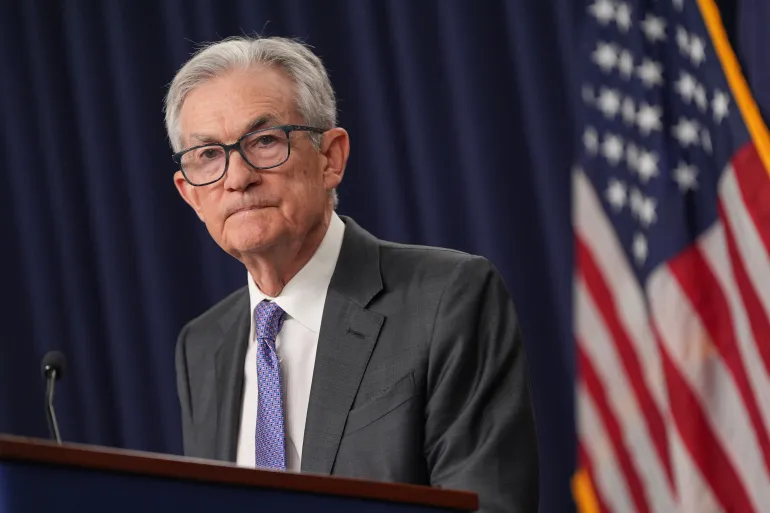
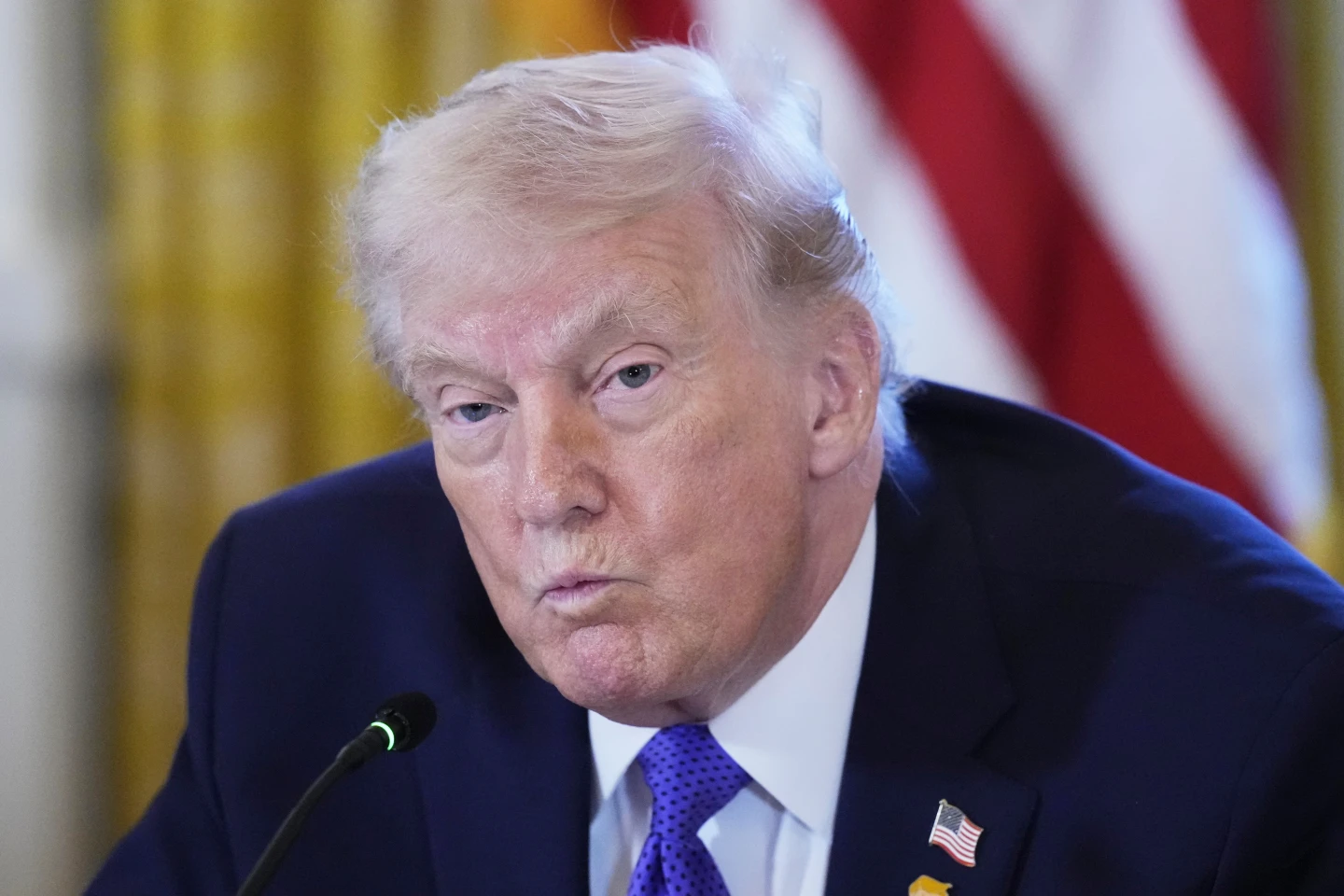
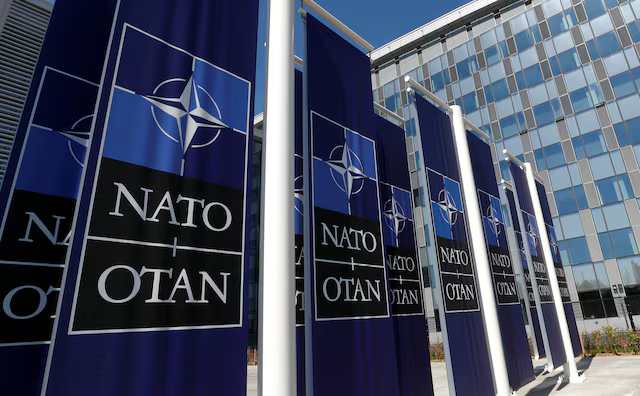
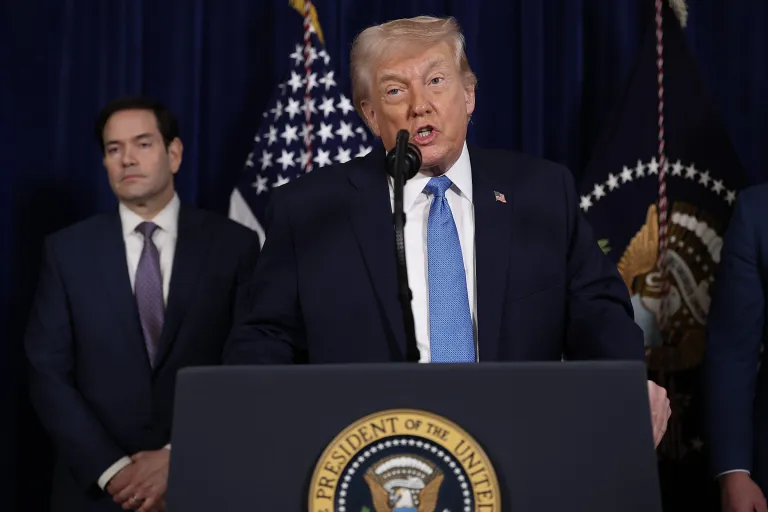
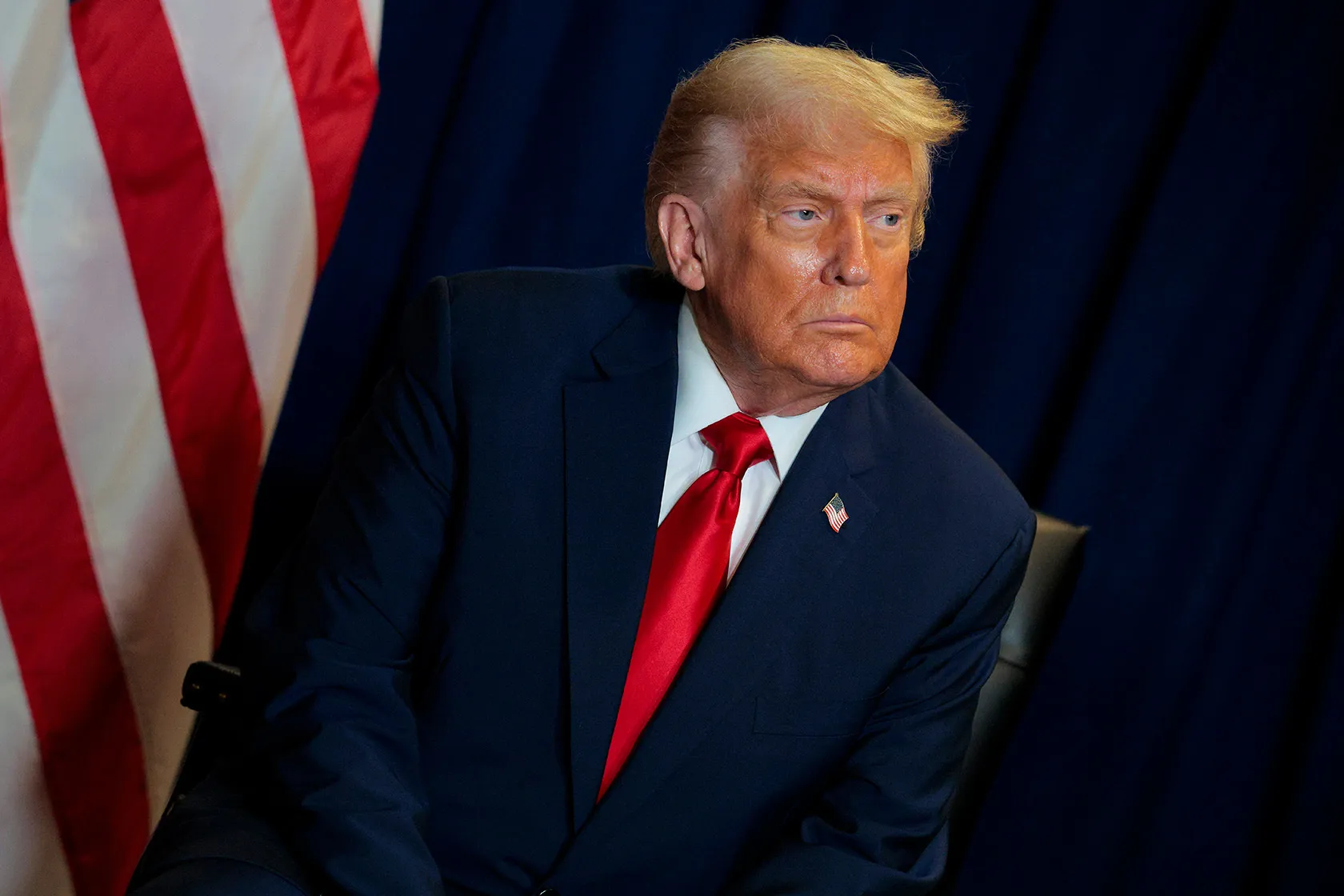
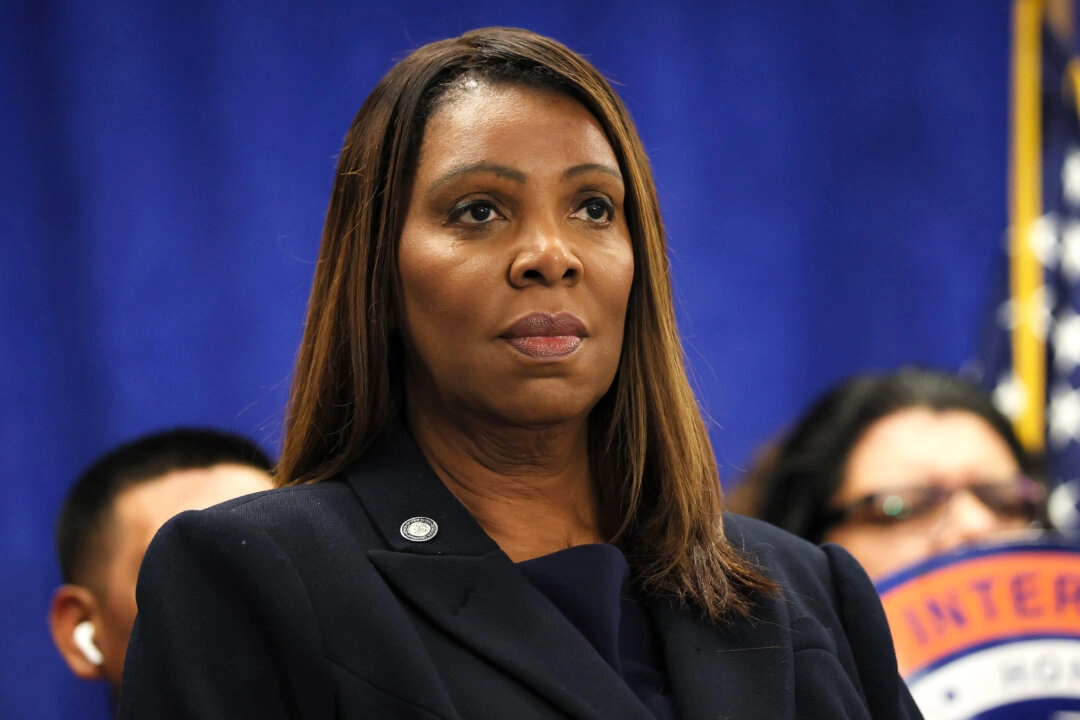
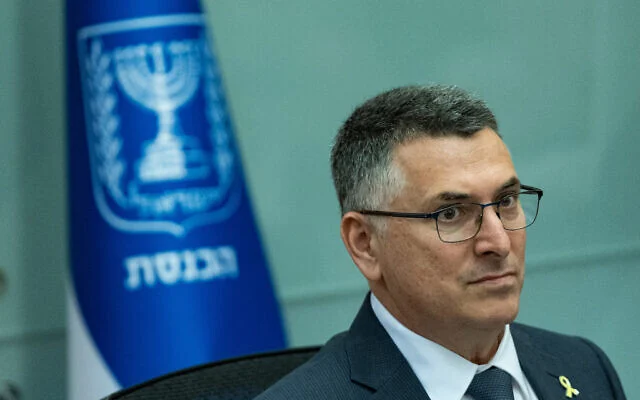
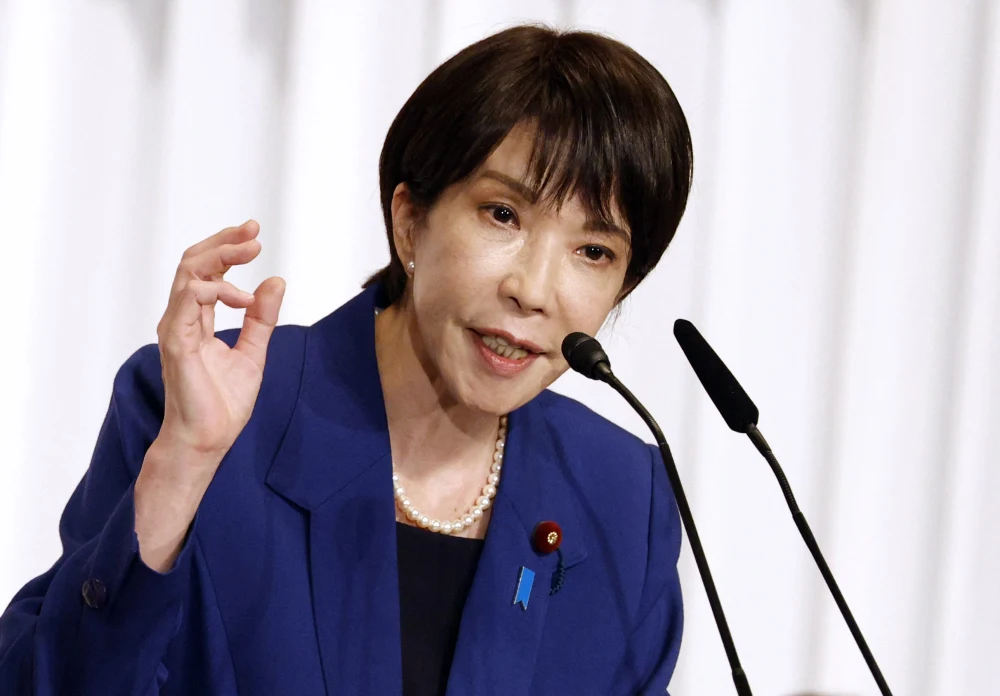
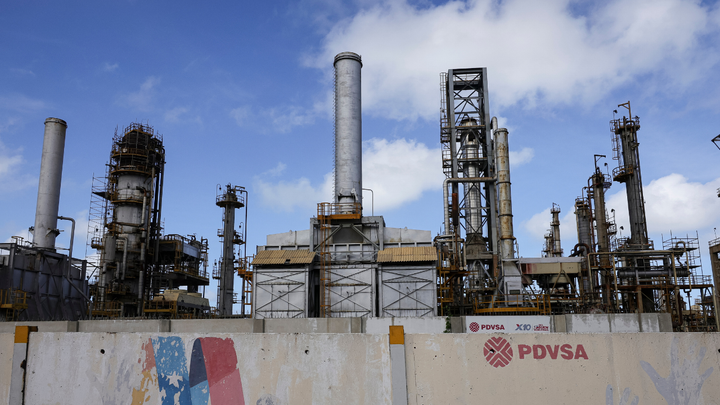
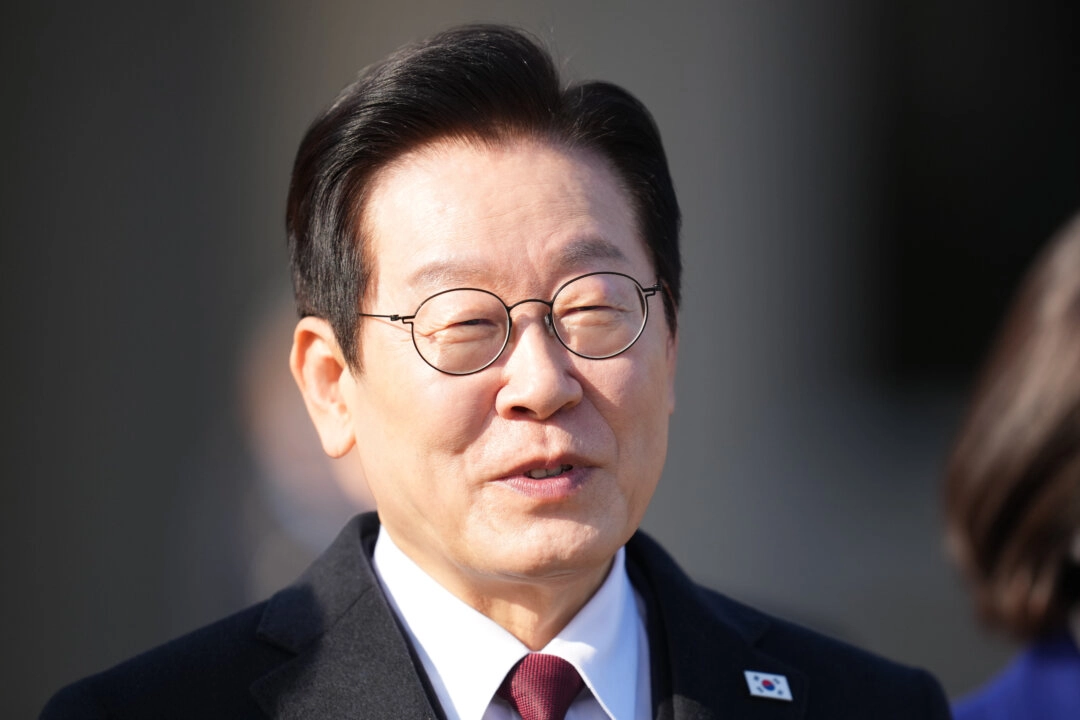
Discussion